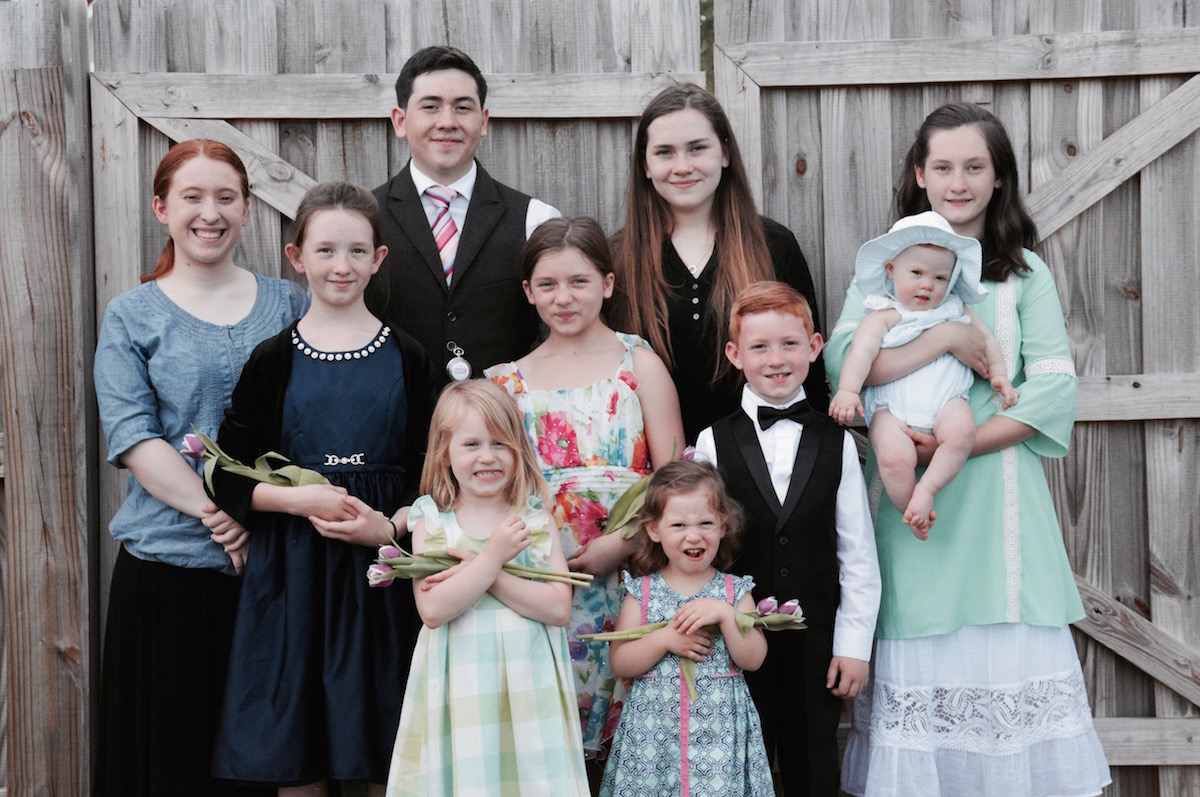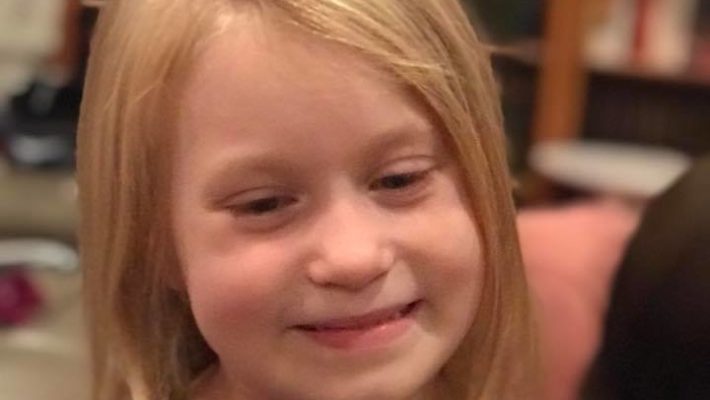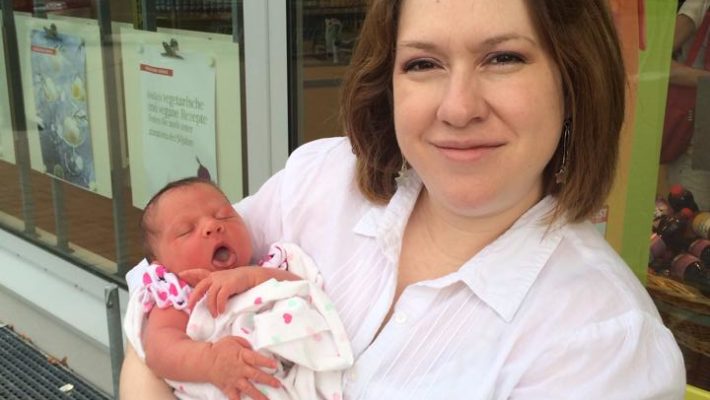5 forms of Healthy Ongoing Communication
One of the best ways to keep a loving, open relationship with your children that will be lasting throughout your lives, is to start communication now. Often I will speak with mothers who are complaining about their youth’s behavior and I ask they why the child made those choices, often the mom will stop, look at me with a blank look and answer, “I don’t know” and continue on. Usually, it feeds into the complaining mother’s feeling helpless to effect a change in their child’s behavior or attitude, no matter the severity.
I’ve learned very quickly along the way, that to achieve the desired results of a loving, open relationship with your children, that communication cannot be at random. Neither can it result fully in waiting until the child is suffering. Consistent effort is required. But, I know because you are reading this, you are a parent who cares enough and is willing to now put in consistent effort. Sometimes, we each just need a little inspiration or direction and we’re off to the races. Sometimes, we forget why we struggle in an area and need reminders and encouragement. I hope this article can serve as any of the above for parents.
Children can smell insincerity a mile away. They are put off by exaggerated condescension. They are good at discerning love and honesty in others. As we teach our children and youth that we sincerely care about their feelings, thoughts, troubles, and concerns, through our consistent efforts and open, loving hearts, many barriers can be broken down and love and communication can open wide, the doors of trust and understanding.
Here are five forms of communication that I keep regularly with my children that are often in addition to those spur of the moment conversations we might have while driving somewhere together or cleaning the house together.
Open Door Policy
Each of my children knows I have an open door policy. No matter the trouble or complaint, I always care to hear about it. If for some rare reason, I cannot listen right then, we set a time for an hour or so later to meet up to discuss what they desire to. I always honor my end of this and each of my children utilizes it with gratitude. We laugh together, cry together, open our hearts to one another, and sometimes I may correct their behavior, but they all know it is because my husband and I care deeply about them.
Decision making is often one of those topics used in this “open door” privilege. If one of our children is having difficulty making a decision they often spend time sitting in a quiet room with my husband or me, or both, as we discuss the pros and cons.
Interviews
My husband and I try to have regular interviews with our children. (Meaning monthly or bi-monthly depending on the season in our lives.) During these interviews, we go with the promptings of the Spirit, but often we ask some personal worthiness questions and teach or elaborate on standards in our home and for our church. We ask if they feel worthy to take the sacrament (similar to communion in another religion) or go to the temple.
We will ask how their relationships are fairing with their siblings, us, or friends. This leads to many wonderful opportunities for us to give advice, understand their feelings or struggles, and allows us to share our personal stories to help them in their relationships. We ask the child or youth how they measure their testimonies of the gospel, Savior, and scriptures. We encourage them in the strengthening of their testimonies.
We ask if there is more than we as parents can do to help them. We consider their suggestions, ponder and pray about them, and then make the changes we feel can help.
We strive to keep it in a non-formal spirit so they feel comfortable. We try to avoid lectures or condescending rants on all that we see wrong with the child. We will, however, bring up one thing the child can fix and ask for their commitment to working on it. Often, we’ll have them write this commitment in their journal.
In having these interviews it has taught our children how to evaluate themselves. It helps them view their lives through a different lens. One of the most important skills I feel I have learned in life is objective self-evaluation. In that light, I can have an awareness of things I want to change about myself or character traits I’d like to change or add, and honesty with myself on how I’m faring in my spiritual or physical life. Loving interviews with parents can help teach this skill to children and youth.
Mentor Meetings
A mentor meeting is often a meeting to help establish and maintain goals. We often use mentor meetings in regards to education, but we also use it to go over goals and dreams the child has. We know what they are capable of and if they aren’t achieving or making an improvement, or if the goals they set are a low standard, we encourage (in inspirational ways) them to push themselves a little, to go the extra mile. We help them set goals in the following areas: spiritual, physical, relationships (including friendships), educational (because we homeschool this is quite an extensive area), and for the future. We try to keep these meetings weekly as we’ve found the best progress comes when we do weekly mentor meetings.
After Each Event
When my children do something significant in their lives such as attend an event, or even after a fun activity with friends, we have a debrief. In this debrief they share with us all about the event. We ask questions that will encourage them to share their feelings. If there were problems, we help with suggestions for solving them. If it was just fun, we listen and enjoy their tales of adventure or learning. Our children have come to expect quiet, personal time with us to share their experiences, and we all look forward to this time.
Newscasting
Because communication is essential in our home, expectation goes both ways. We expect our children to communicate with us and we provide opportunities to do so. Likewise, our children expect us to keep them abreast of events in the future. Often we’ll share this in Family Meetings. Sometimes, we’ll call everyone around us and give them a rundown. Everyone is kept in the loop on what is going on with mom and dad, family events or events outside of the home.





what do you think?